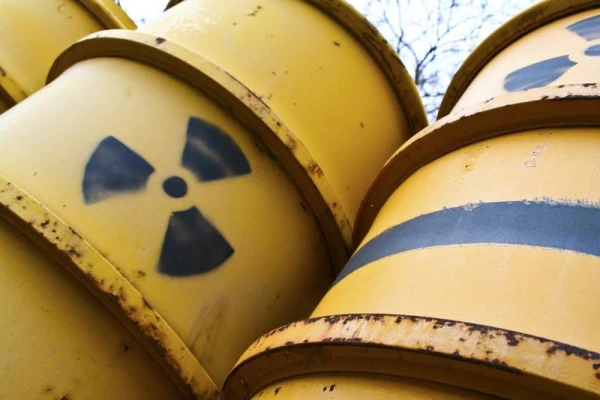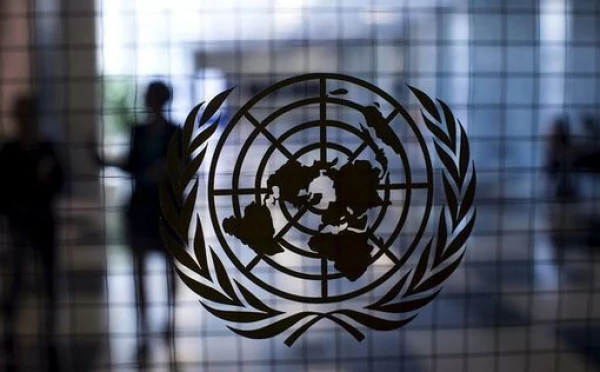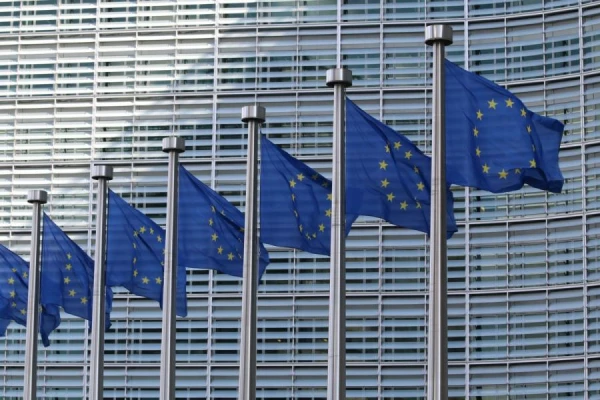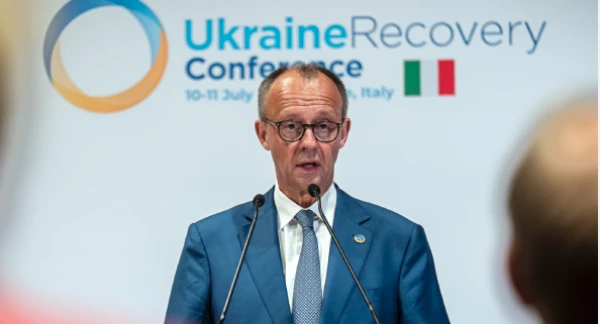
After reports about the situation at the Zaporizhzhia nuclear power plant, residents of Lithuania began to worry, and many rushed to pharmacies for potassium iodide tablets that may be needed in case of radiation. However, authorities reassure that there are no grounds for concern, writes nra.lv, citing tv3.lt.
It was reported that due to military actions in Zaporizhzhia, the only power supply line to the nuclear power plant was interrupted, and for several days, diesel generators were used to cool the reactors. There was also information that this could pose a serious threat to people's safety.
Although representatives of the Lithuanian military state that there is currently no radiation threat, many residents have rushed to pharmacies for potassium iodide tablets.
Representatives of the largest pharmacy chains in Lithuania confirmed that interest in potassium iodide tablets has significantly increased – sales of this product have sharply risen.
"On September 30, we recorded a surge in demand for potassium iodide tablets in pharmacies. This was particularly pronounced among those residents who have not yet received these tablets as part of previously prepared prescriptions for permanent residents of 17 municipalities located within a 100 km radius of the Astravyets nuclear power plant in Belarus," said a pharmacy representative.
In Lithuania, residents of 14 municipalities can receive potassium iodide tablets for free at pharmacies with a doctor's prescription.
These residents have been centrally issued electronic prescriptions based on their declared place of residence, so when they go to the pharmacy, it is sufficient to present an ID to receive potassium iodide tablets for free.
However, tablets can also be purchased without a prescription, although they are not easy to find everywhere – in many pharmacies, they have simply been sold out.
Pharmacists remind that potassium iodide tablets should not be taken for preventive purposes.
"It is very important to note that potassium iodide tablets are intended to protect the human thyroid gland in the event of an accident at a nuclear power plant and radiation leakage," they emphasize.
Timely intake of the tablets saturates the thyroid gland with stable iodine and protects it from radiation exposure. However, the tablets should only be taken at the direction of the Ministry of Health – through radio, television, or other media.
Responding to public concern, the Ministry of Health of Lithuania stated that residents of the country have no reason to worry about the situation at the Zaporizhzhia nuclear power plant – even if an incident occurs there, it is too far away, so there is no need to rush for potassium iodide tablets, let alone take them on their own initiative.
"We have received information that residents have become alarmed and rushed to pharmacies after misleading information about a possible danger to the residents of Lithuania due to the situation in Zaporizhzhia. Therefore, we want to assure you that there is and cannot be any radiation threat in our country due to this situation, and there is no need to purchase potassium iodide tablets," commented Deputy Minister of Health of Lithuania Daniel Naumov.
The Ministry of Health of Lithuania emphasized that iodine solutions or iodine aerosols, as well as iodine supplements sold in pharmacies, are not suitable for protecting the thyroid gland in the event of a nuclear accident, as they will not provide the necessary protection.
It should be noted that iodine tincture is generally intended only for external use – application to the skin, and iodine aerosols for the oral cavity – for treating throat diseases. The active ingredient in these preparations is not potassium iodide, but elemental iodine, which is a strong oxidizer and toxic substance that can cause chemical burns to tissues and poisoning, so it should not be taken internally, even when diluted with water.
Potassium iodide tablets are used only on the recommendation of the National Nuclear Safety Institute in the event of an accident at an operating nuclear power plant.
Taking the tablets too early or too late will not provide the necessary protection for the thyroid gland, and taking them at the wrong time can even be harmful.
Specialists from the Radiation Protection Center monitor the radiation background in Lithuania 24 hours a day, 7 days a week. It remains unchanged.













